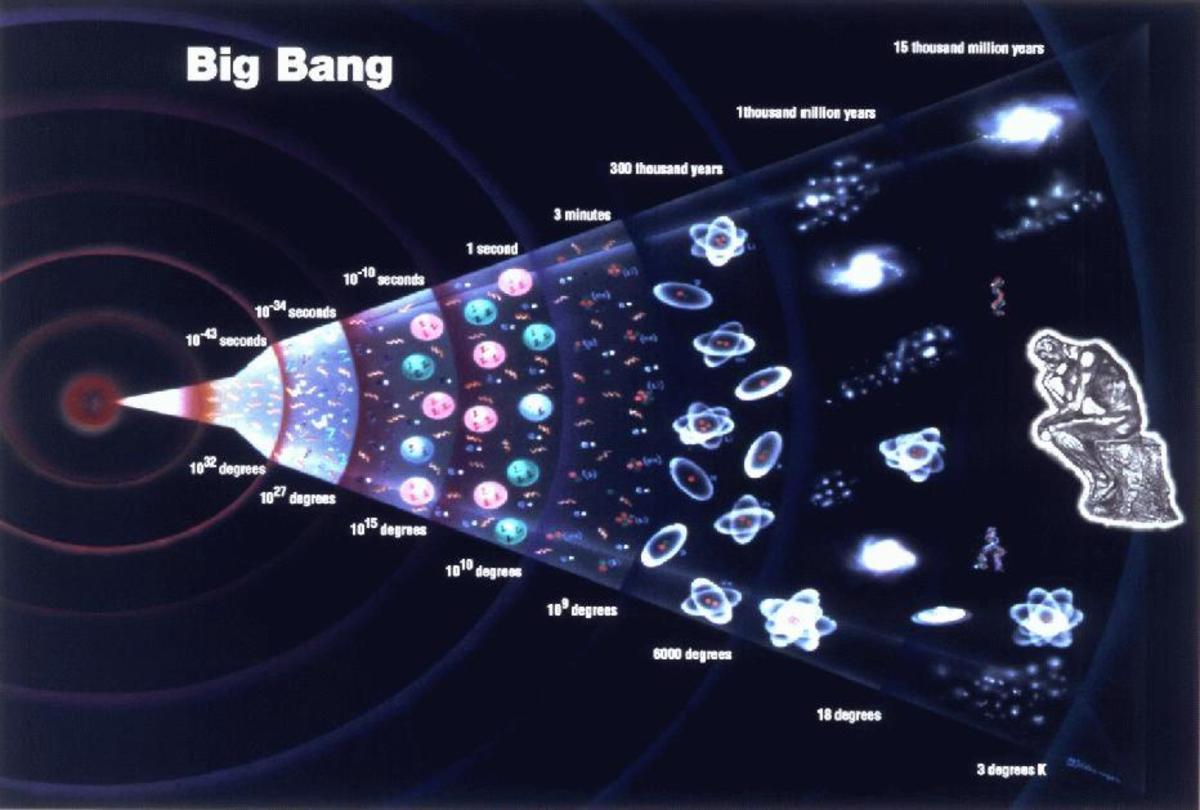Arguments For the Existence of God: Part 1 The Ontological Argument
The Ontological Argument Made Simple


The Ontological Argument
Throughout history arguments have been put forward claiming to demonstrate conclusively that God, or an Almighty being exists. In this series we shall examine these arguments, starting with the Ontological argument.
The Ontological Argument
The Ontological argument is solely based on the essence of God (Ontos). This theory is strongly associated with St Anselm, Archbishop of Canterbury AD 1033 to 1109
Anselm firmly maintained that it is possible to argue for the existence of God, from the very meaning of the word 'God.' He argued that existence is essential to the very idea of God. He stated:
“We believe that God is a being that which none greater can be thought. Now, even a fool knows that a being that which none greater can be though exists at least in the mind alone. It could be thought of as existing in reality as well. That would be greater, in which case that than which greater cannot be thought”
So, essentially the word 'God' refers to a perfect being. The Ontological argument has baffled many a philosopher throughout the ages. Rene Descartes (1596-1650) expanded on the theory by arguing , just a triangle would not be a triangle unless it's angles added up to 180 degrees. So, God would not be God if he did not exist.
Gotfried Leibniz (1646-1716) and Georg Hegl (1770-1813) both defended the Ontological argument. Paul Tillich (1885-1969) spoke of God as 'Ultimate Reality' whose nature people could disagree, but not about whether it exists.
How Convincing is the Theory?
The argument has been strongly criticised through the years. For example, one of Anselm's contemporaries Gaunilio accused Anselm of making an illegitimate jump from existence in the mind, to existence in reality.
He said he could define anything into existence, including a perfect holiday island. He argued that it is cutting corners to hide the notion of existence of God in the word 'God.'
The well known German philosopher Immanuel Kant (1724-1804) argued that the word 'exists' may not be utilised as a predicate quality of God. The word 'God' should include 'goodness', 'almighty' and 'wisdom.' He also argued that essentially existence needs to be proved. Immanuel Kant compared this to $100, he stated that:
“$100 in mind does not mean it exists.”
He said, we need reasons for believing in the existence of God, not just a definition of God. Because that does not indicate that God does indeed exist.
To read about another philosophical topic Utilitarianism go here
Part 2 of our Arguments for the existence of God series will be on the Cosmological argument.

More Information on Ontological Argument
For more information on the Ontological argument, take a look at the following links:
Anselm: Ontological Argument for God's Existence









